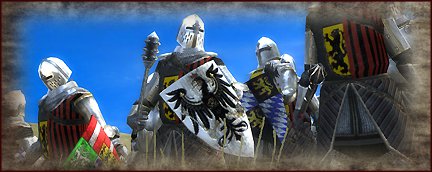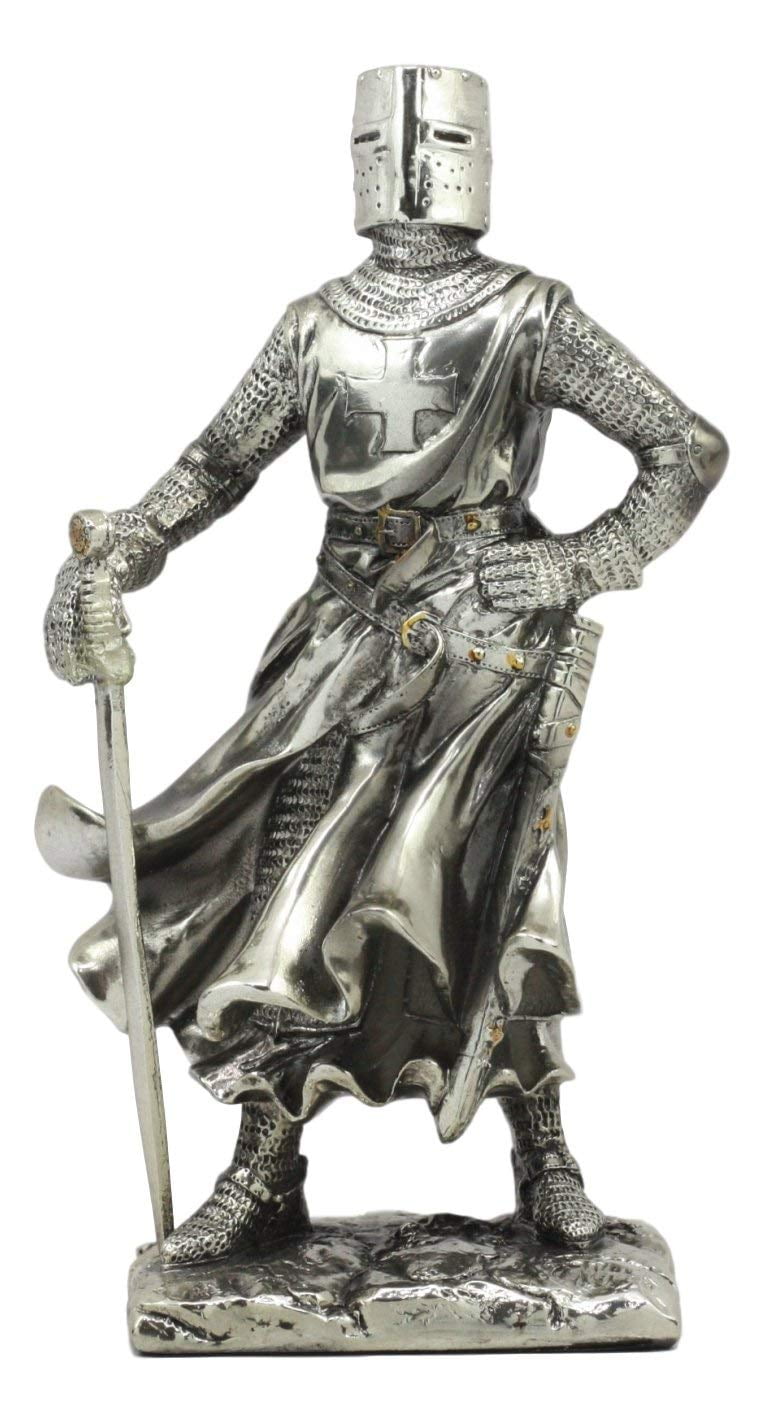


Mikushevich.)įor us, the Holy Roman Empire is always Germany. Thus it would seem that having seat and vote in the Reichstag would be a clear criterion for belonging to the Hochadel.(Friedrich von Hausen. Those in the third group were titular counts and princes but in no way accepted as part of the Hochadel. Only the first two groups were part of the Hochadel. families or individuals who received the title of Reichsfreiherr, Reichsgraf or Reichsfürst but were not admitted to the Diet.families who were admitted to the Diet between 15: the "new princely" ( neufürstliche) and "new comital" ( neugräfliche) families.families that were part of the Diet in 1582: the "old princely" and "old comital" ( altfürstliche, altgräfliche) families.In particular, any new member had to possess an immediate territory of sufficient size, and had to be accepted by his peers (princes or counts). Furthermore, in 1653 the Electoral Capitulation included strict rules on the process by which the Emperor could create new states of the Empire. The members of the Diet complained and, after 1582, it became the rule that such new princes and counts would not of right have a seat at the Diet. The existing princes, counts and barons were obviously loathe to see the value of their title diminished. The reason is that the Emperor, as "fons nobilitatium," had the power to create new princes, counts and barons of the Empire, a power which he began to use more frequently. ), the definition of Hochadel became congruent with being a Reichsstand (adjective: reichsständisch). A member of the Diet with seat and vote (individual or shared) was called a Reichsstand, or state of the Empire.Īt some point (Abt 1911, 103 n2 cites various possible dates, from the turn of the 16th c. Furthermore, the right to vote became attached to a land, rather than to a person or family (of course, land was inheritable within families). After the Diet held at Augsburg in 1582, the list of votes remained fixed, notwithstanding further territorial divisions. In the late 16th c., the multiplication of votes due to territorial fragmentation led to reforms. To the status of territorial ruler corresponded a seat and vote in one of the colleges of the Reichstag, the Imperial Diet. The special status of these families manifested itself in the constitution of the Empire as it evolved in the 16th c. For his purpose, the author deals only with the hereditary territorial rulers but it should be remembered that the Estates also included a substantial number of non-hereditary territorial rulers such as the ecclesiastical states (prince-bishoprics and imperial abbeys) and free imperial cities.


 0 kommentar(er)
0 kommentar(er)
